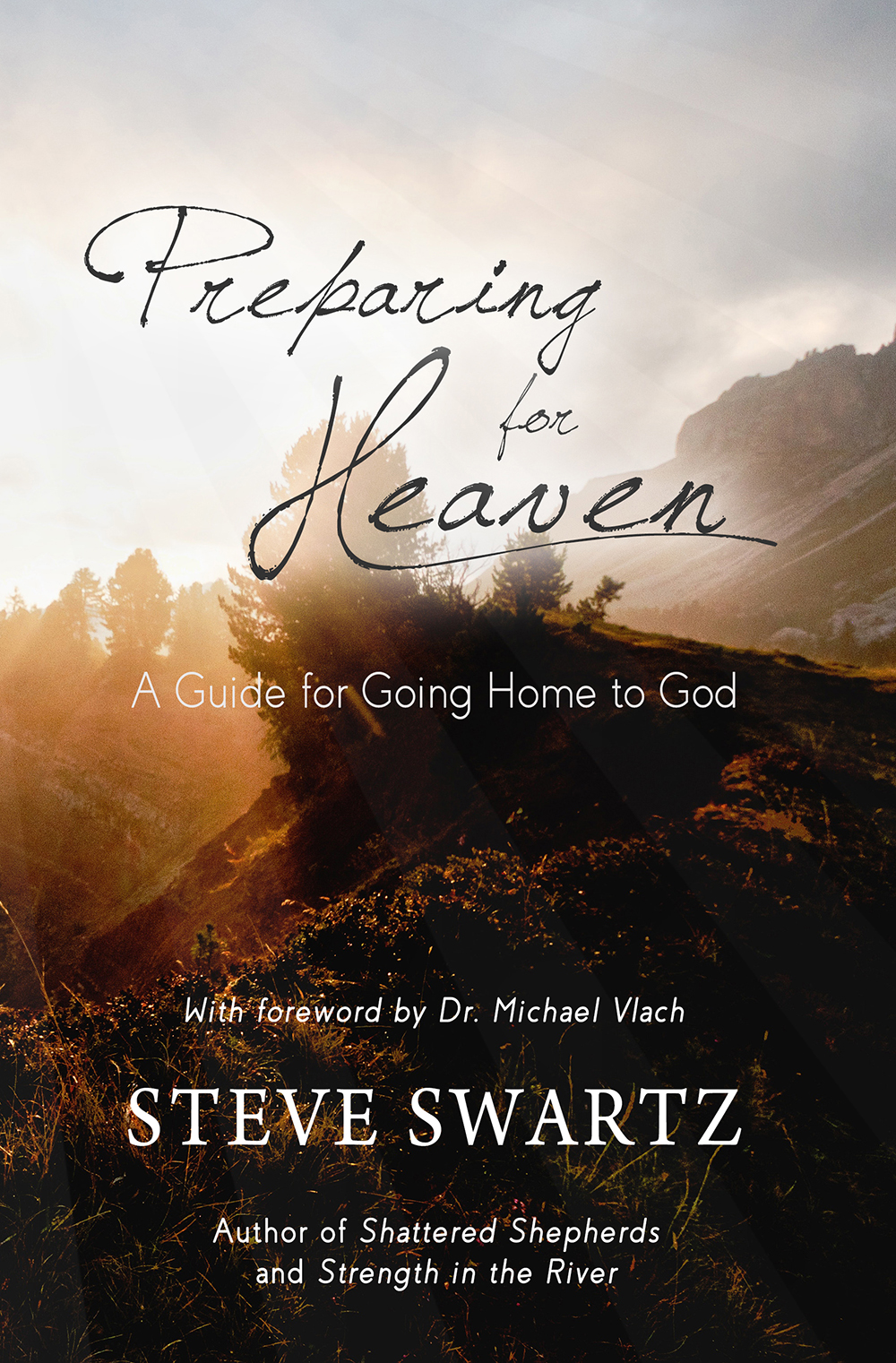For the unbeliever, death is the gateway to eternal torment and paying the rightful penalty for a life of rejecting Christ. It also has the connotation of rest in the phrase “slept with their fathers,” as in Old Testament ancestors. But the Christian connotation adds an element of understanding that death is only temporary. “Those who are asleep” is only a reference to the body, not the soul, because the body is temporarily inactive, awaiting resurrection.
Taking Paul’s advice, we look to Scripture to be informed about death. We can know several facts. First, death is an enemy that will be destroyed. As 1 Corinthians 15:26 says, “The last enemy to be destroyed is death.” Death hasn’t been destroyed completely, since Christians are still dying, but the spiritual impact of death has been defeated because death can’t keep us from Christ. Paul said in Romans 8:38 that death cannot separate us from the love of God in Christ.
Second, there is no delay or waiting period. In 2 Corinthians 5:8 Paul says that when we are absent from the body we are at home with the Lord. There is no long, dark, scary tunnel with a light at the end that we have to pass through. Remember Stephen’s experience of death moments before his execution: “But he, full of the Holy Spirit, gazed into heaven and saw the glory of God, and Jesus standing at the right hand of God” (Acts 7:55). This doesn’t mean this is the normal experience, but it does tell us there isn’t a divine waiting room somewhere between here and heaven.
Third, death is like a freeing release. Paul said in Philippians 1:23 that his desire is “to depart and be with Christ.” To “depart” is a word that means to unloose for departure, to set free, to release. This phrase is used only twice in the New Testament. The only other time is in a parable by Jesus in Luke 12:36 and the same word is translated “come home.” Like a hot air balloon tied to the ground, straining against the ropes until they are finally untied and the balloon soars into the atmosphere, death frees us to be with Jesus forever.
Fourth, death is a prized commodity. In the same Philippians passage, Paul says that he desires to be with Christ for that is far better. The word “desires” is sometimes translated “passion” or to “covet” something and is even occasionally translated “lust” in the sense of deep, yearning desire. Paul says classically, “to live is Christ, but to die is gain” as in “profit” or “advantage.” And 2 Corinthians 5:8 says that “we are of good courage and we would rather be away from the body and at home with the Lord”!
Fifth, death reminds us we don't belong here. “For here we have no lasting city, but we seek the city that is to come” (Heb 13:14). In context, the author speaks of the reproach of Christ, that He suffered outside the city walls to purchase a people with His own blood. The city you live in—the place you are now—this is not your real home. There is something infinitely better and more glorious that awaits. Two chapters earlier in Hebrews 11, the author reminds us that the nomad Abraham who lived in tents in a foreign land “was looking forward to the city that has foundations, whose designer and builder is God” (Heb 11:10).
The full explanation and list of points can be found in chapter 2 of Preparing for Heaven: A Guide for Going Home to God, by Steve Swartz



